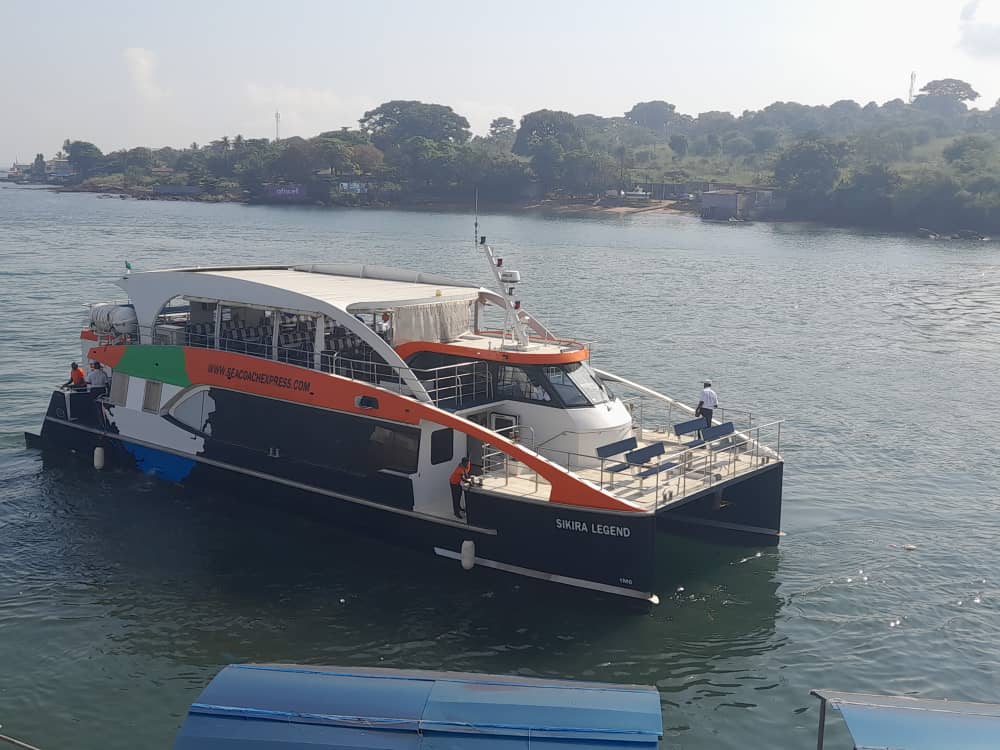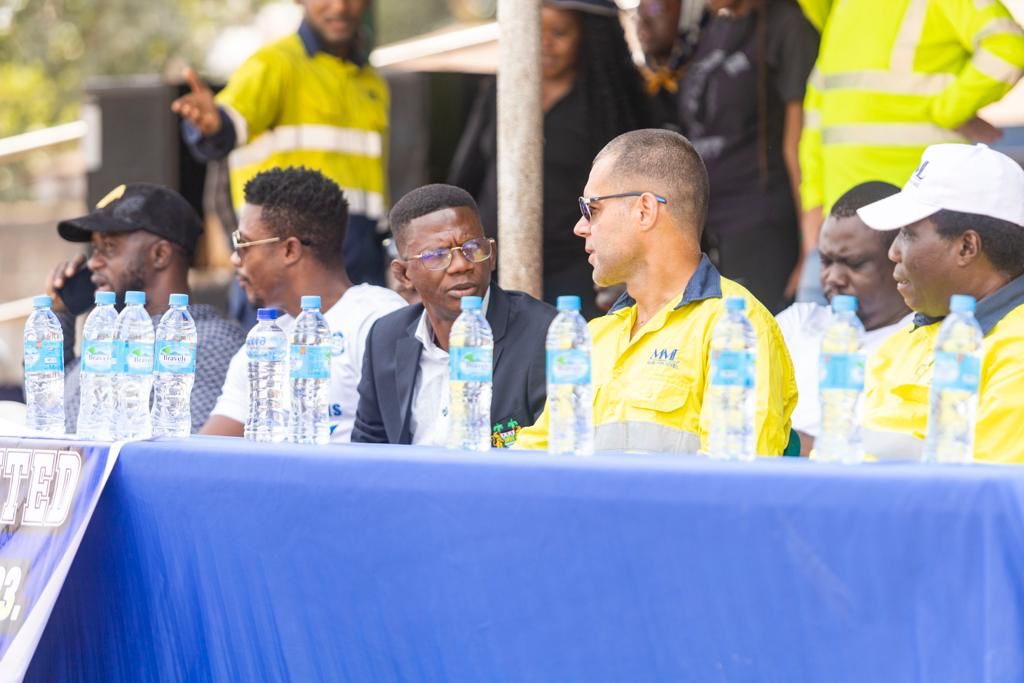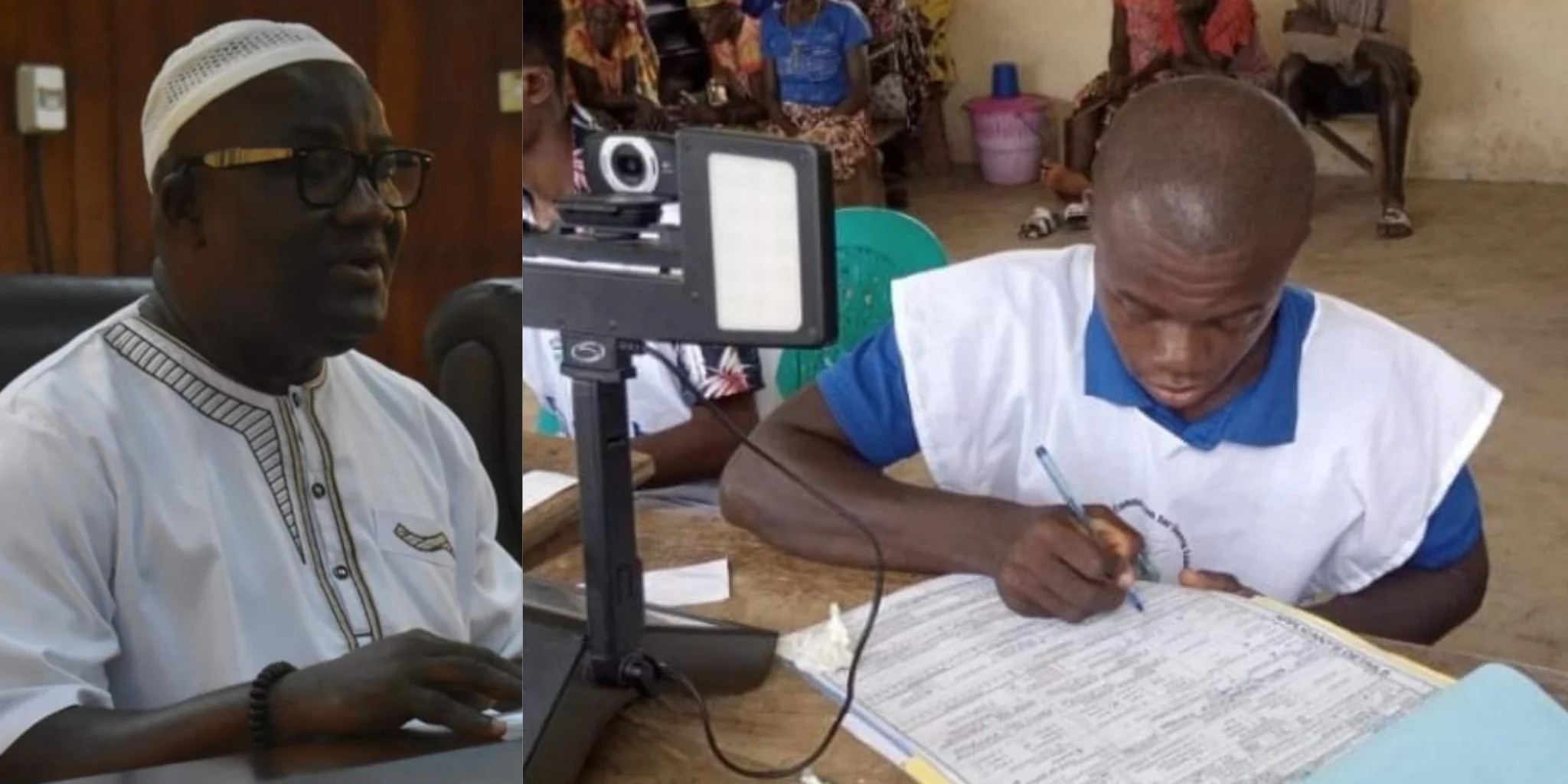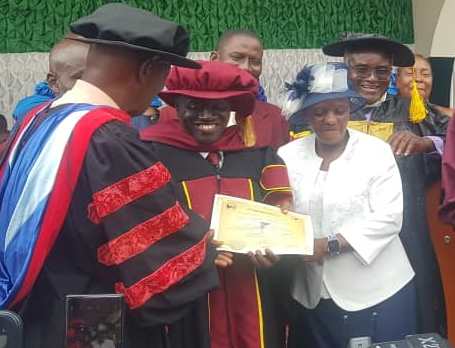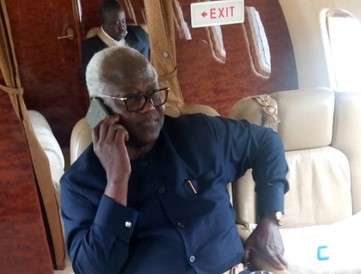“Empowering the Criminal Justice System in Sierra Leone”

Author-Tamba Sourie
Sierra Leone, like many nations, must recognize that a strong and effective criminal justice system is pivotal in ensuring the safety and well-being of its citizens. Empowering the criminal justice system is not only vital for maintaining law and order but also plays a fundamental role in promoting social justice, upholding human rights, and securing the overall fabric of society. The challenges faced in Sierra Leone has undergone significant socio-political changes over the years, including the devastating civil war that ended in 2002. While commendable efforts have been made to rebuild the nation and strengthen democratic institutions, challenges within the criminal justice system still persist. One of the primary challenges faced by Sierra Leone's criminal justice system is the need for adequate resources, both in terms of personnel and infrastructure. Insufficient funding has hindered the recruitment and retention of skilled professionals, including judges, lawyers, and law enforcement personnel.
Additionally, outdated or limited infrastructure has impacted the efficiency and effectiveness of the system. Capacity-building and training empowering the criminal justice system requires targeted capacity-building initiatives and comprehensive training programs for all stakeholders involved. This includes training of judges and lawyers in modern legal procedures and techniques to enhance their expertise. Equipping law enforcement agencies with up-to-date tools, technology, and training is crucial to bolster their ability to prevent and investigate crimes.
Moreover, it is essential to prioritize the training and sensitization of law enforcement personnel on human rights standards to ensure fairness and integrity in their operations. Strengthening the rule of law and promoting human rights go hand in hand with building public trust in the criminal justice system. Investing in Rehabilitation and Restorative Justice. An empowered criminal justice system should not only focus on retributive measures but also emphasize on rehabilitation and restorative justice. Sierra Leone should invest in programs that aim to reintegrate offenders into society, providing them with the necessary support and opportunities for rehabilitation. Such initiatives can help reduce recidivism rates and contribute to the overall security and stability of the country. Collaboration and International Support geared towards addressing the challenges faced by the criminal justice system in Sierra Leone cannot be achieved through isolated efforts alone. It requires collaboration and support from the international community, regional organizations, and neighboring countries. International partnerships can contribute essential resources, technical expertise, and knowledge-sharing platforms that help drive sustainable improvements in the criminal justice system.
The empowerment of the criminal justice system in Sierra Leone is vital to ensuring the safety, security, and well-being of its citizens. By investing in adequate resources, capacity-building programs, and rehabilitation initiatives, the country can strengthen the rule of law, uphold human rights, and promote social justice. Collaboration and international support will play a crucial role in bolstering Sierra Leone's efforts to build a robust and effective criminal justice system, contributing to a safer and more secure future for all.





